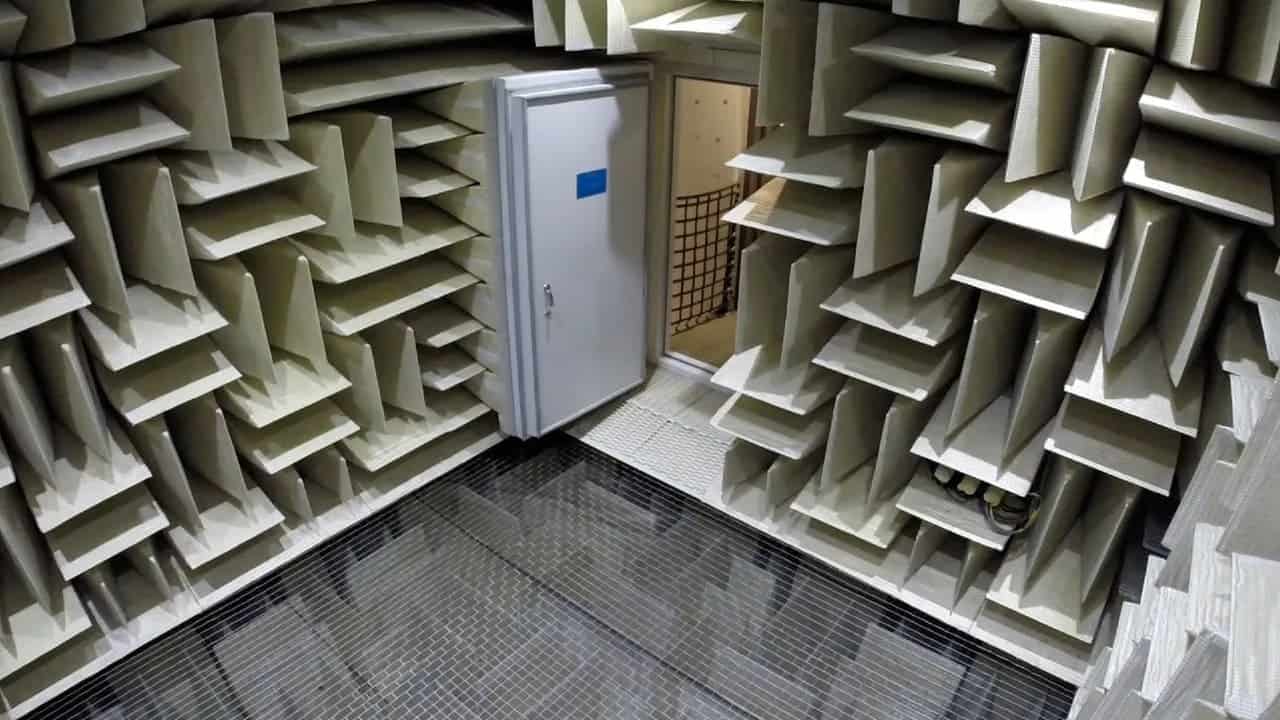The morning started like any other, except for one small, rebellious decision: my phone remained on the bedside table, untouched. No email checks, no notifications, no social media scroll. I had decided to spend a full day without technology, not as an enforced fast or dramatic gesture, but as a deliberate pause—a chance to experience my apartment, my life, and my mind without the constant hum of screens and pings.
The first hour felt almost disorienting. Without the usual digital soundtrack, the apartment seemed unfamiliar, almost alive in ways I hadn’t noticed. I heard the hum of the refrigerator, a soft vibration beneath the floorboards as the city woke outside, the rhythmic tick of the old clock I had almost stopped listening to. Silence wasn’t empty; it was textured, layered with tiny sounds that usually faded into the background. I realized how much my attention is normally siphoned away by the flicker of notifications and the lure of instant information.
I poured coffee and sat by the window. Steam curled lazily in the morning light, and for the first time in months, I watched it without thinking about capturing a perfect photo or posting a story. The light shifted across the room like a slow, deliberate painter, highlighting the cracks in the plaster, the soft fray of the rug’s edges, the faint dust motes dancing in the sunbeams. In that silence, the apartment transformed into a living, breathing space rather than just a backdrop for my digital life.
By mid-morning, I realized the absence of technology affected my perception of time. Without the usual prompts—the constant glances at my phone, the habitual check-ins on social media—I felt unmoored from schedules and deadlines, yet curiously liberated. Time stretched and contracted like elastic; moments of stillness became more pronounced. I could hear the subtle changes in light, notice the shadow of a plant creeping across the floor, and even catch the faint whiff of last night’s rain seeping through the window. Life slowed, not because anything changed externally, but because I had stopped filling it with distractions.
Household tasks took on a new texture. Washing dishes became rhythmic, almost musical, each clink and splash amplified in the quiet. I found myself humming along with the mundane sounds, a soft counterpoint to the otherwise still apartment. Laundry folding became an exercise in attention: the cool fabric of a T-shirt in my hands, the way the folds lined up perfectly when I pressed them into place, the gentle weight of socks resting together in neat little stacks. These simple acts, normally swallowed by background noise, now seemed to carry a meditative quality.
Lunch came as a slow ritual rather than a hurried necessity. I chopped vegetables, feeling the resistance of the knife against the cutting board, the snap of a carrot under my fingers. I tasted each ingredient fully, noticing textures and flavors that I might have glossed over in a typical, screen-distracted meal. Without technology demanding fragments of my attention, food became more than sustenance—it became a layered, immersive experience.
Afternoon brought a quiet restlessness. Normally, boredom triggers a reach for my phone, a scroll through feeds or a dive into emails. Without that crutch, I had to confront a subtle form of discomfort: my own mind, unfiltered and unrelenting, filled the space. But it wasn’t unpleasant. Thoughts drifted and collided, weaving through memories, daydreams, and small insights. I realized that my brain craves stimulation, but that the right kind of stimulation can be internal, not digital. I walked slowly around the apartment, noticing the way sunlight softened the edges of familiar objects, and felt a small, surprising joy in just observing.
By late afternoon, I discovered something I hadn’t anticipated: my relationship to my neighbors and the outside world changed. Normally, I am partially tuned to digital life, half-engaged, half-distracted. Today, the sounds of footsteps in the hallway, distant conversations from the street, even the hum of a bicycle chain rolling past my window, felt vivid and immediate. I noticed small gestures: a neighbor pausing to tie a shoelace, a child waving, a dog barking somewhere off in the distance. Without screens, the outside world felt layered and alive, not merely a backdrop for my notifications.
Evening arrived with a strange serenity. Cooking dinner became a slow ritual, a way to move deliberately through time. I chopped, stirred, and tasted with careful attention, my senses fully engaged. The apartment was suffused with light, shadows stretching long and soft, and the absence of technology made the room feel expansive. I even sat quietly for a moment with a notebook, writing observations, snippets of thoughts, and memories, something I rarely did without feeling compelled to share immediately.
Night came with a sense of completeness I rarely feel. I realized that the day had been rich with layers of observation, small pleasures, and moments of reflection. Silence had its own texture: the soft exhale of breath, the creak of the floorboards, the faint whistle of wind through the trees. It was intimate, grounding, and quietly humbling. Technology had not vanished from my life—it was still there, waiting—but its absence had revealed what I often overlook: the intricate, beautiful pulse of ordinary life.
Reflecting on the day, I recognized a subtle shift in perception. Without constant digital prompts, I felt more present, more attentive, more connected to the immediate environment and to myself. My senses, dulled by habitual distraction, had awakened. I noticed that silence isn’t merely the absence of noise—it’s the presence of everything else, a fullness that technology often obscures.
This experiment didn’t make me a recluse or anti-technology advocate. I will return to devices tomorrow, of course. But the day without screens left an imprint. I will carry forward small lessons: the power of intentional pauses, the richness of tactile experience, and the quiet joy of observing life without mediation. Silence, I discovered, has a sound of its own, subtle yet profound, a rhythm that often goes unnoticed but that can fill a day with depth and clarity.
By the time I finally checked my phone at night, I noticed something ironic: the notifications felt louder, almost intrusive, after a day of quiet. I realized how often digital noise masks the softer, more nuanced signals of life. And while I will not live entirely without technology, I now understand the value of intentional disconnection—the way a single day of silence can sharpen perception, calm the mind, and make the ordinary extraordinary.
The day ended with a strange contentment, a sense of accomplishment without a checklist, a fulfillment that comes from being present rather than productive. My apartment, once just a space, had become a canvas of sensation and attention. The hum of life, the subtle creaks and whispers, the textures and shadows—they all spoke in ways I hadn’t noticed until I simply stopped and listened.



